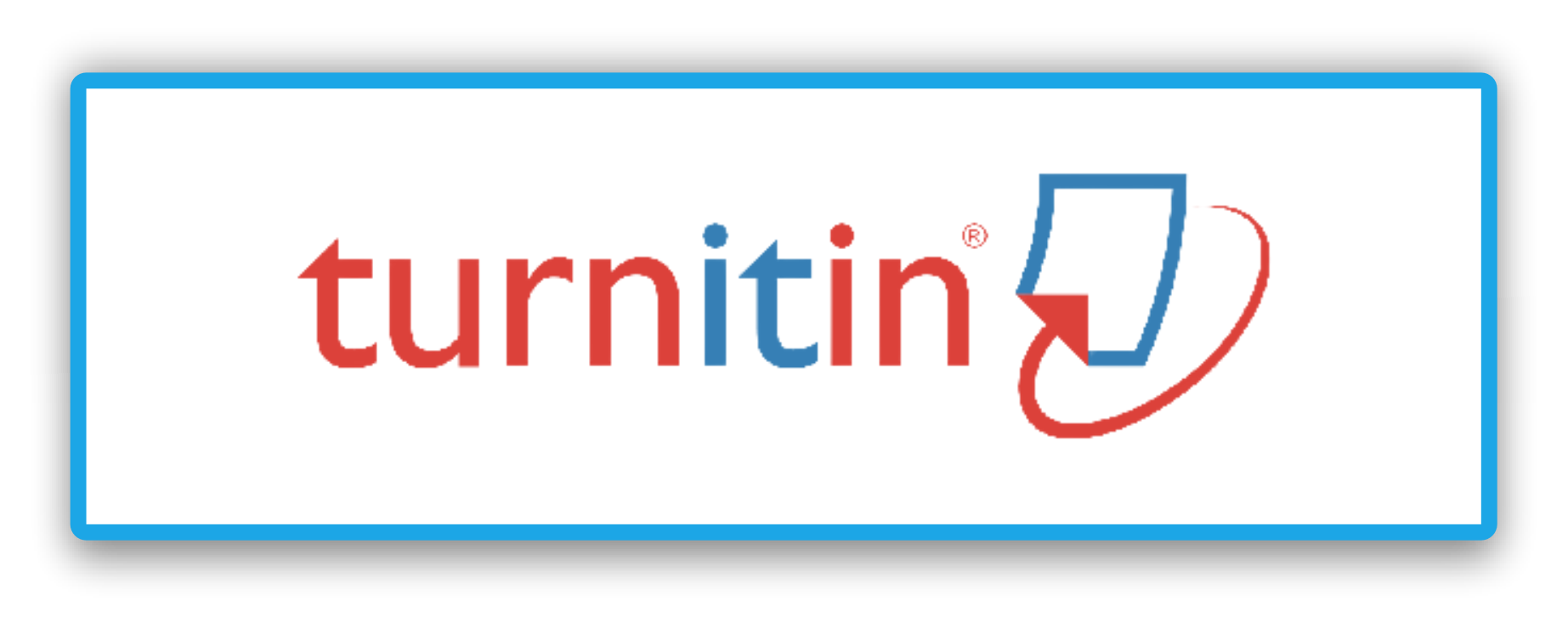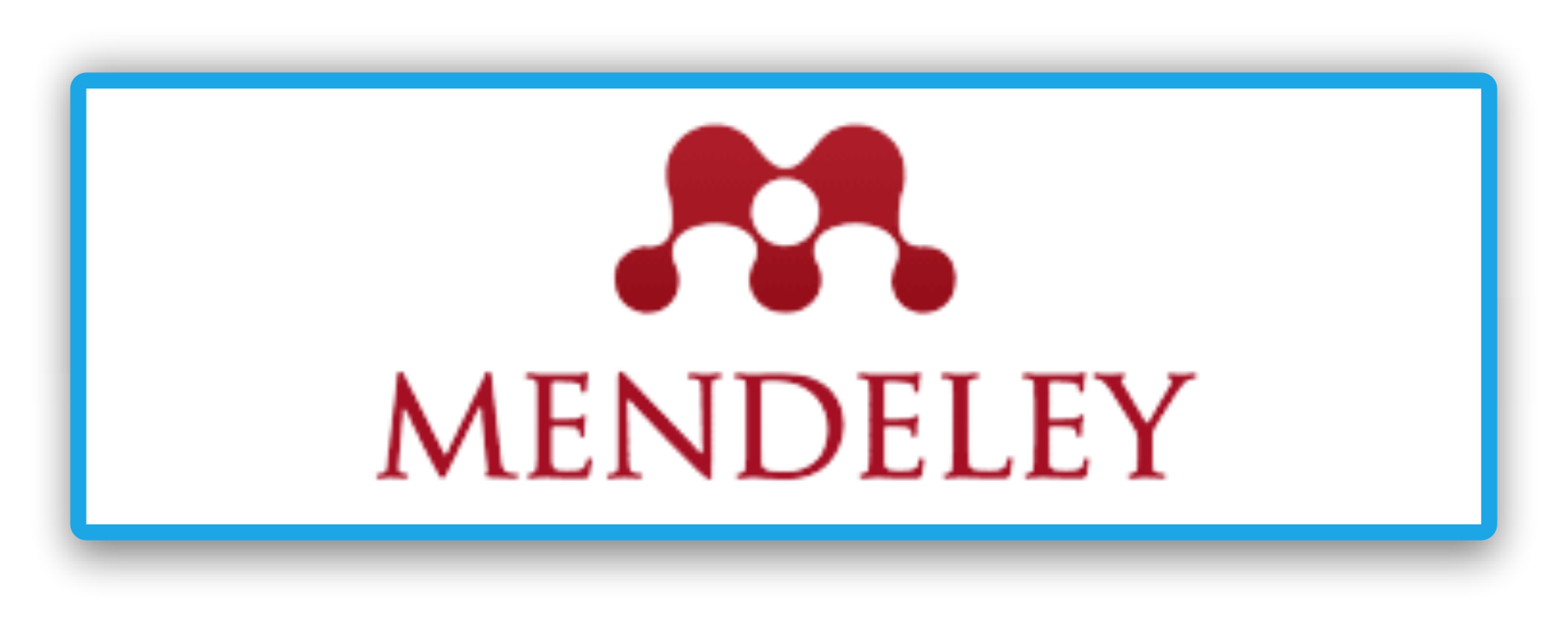Implementation of Islamic Religious and Civil Education Learning Based on the Independent Curriculum at Junior High School
Abstract
Implementation of learning Islamic religious education and character based on the independent curriculum is the actualization of independent learning in strengthening student character. This requires the teacher to be active in creating learning according to the plan that has been designed. Teachers must master the principles of learning, the selection and use of learning media, the selection and use of learning methods, the skills to assess student learning outcomes, and choose and use learning strategies or approaches.This study aims to analyze (1) Islamic religious and moral education learning planning based on the independent curriculum at SMP Negeri 4 Lembang Jaya, (2) Implementation of learning Islamic religious education and morals based on the independent curriculum at SMP Negeri 4 Lembang Jaya, (3) Evaluation of learning Islamic religious education and morals based on an independent curriculum at SMP Negeri 4 Lembang Jaya, (4) Supporting and inhibiting factors for learning Islamic religious education and morals based on an independent curriculum at SMP Negeri 4 Lembang Jaya.This study uses a qualitative research approach with a phenomenological approach. Data collection techniques were carried out by means of observation, interviews and documentation. The validity of the data uses four criteria namely; credibility, transferability, dependability, and confirmability.The results of the study show that (1) Islamic Religious Education learning planning is based on an independent curriculum, the school forms a team of PAI and Budi Pekerti teachers to coordinate, carry out diagnostic assessments in each class at the first meeting. The PAI and Budi Pekerti teacher teams also developed learning tools such as learning achievement analysis (CP), learning objectives flow (ATP), and teaching modules based on the school curriculum and learning outcomes as well as learning guides and assessments from the Ministry of Education and Culture. (2) SMP Negeri 4 Lembang Jaya in carrying out the Learning of Islamic Religious Education and Characteristics the school does not intervene the teacher and students, so that the learning atmosphere in the class takes place effectively and the teacher also carries out differentiated learning. Teachers and students in implementing classroom learning emphasize the importance of material objectives, independence, and application to everyday life. (3) SMP Negeri 4 Lembang Jaya emphasizes that the assessment instrument is not enough with written or oral tests, but the reflection instrument is an additional instrument in assessing the student learning process both in formative and summative forms. (4) Stakeholder support and other school programs support teacher learning and understanding and the not optimal application of the independent curriculum learning values becomes an obstacle to learning.
Learning, Islamic Religious Education ; Character Based; Independent Curriculum
Full Text:
PDFReferences
Abidin, Z., Destari, D., Arifin, S., & Agustiani, M. (2022). Implementation of Islamic Religious Education Learning and Character in the New Normal Era. Al-Hayat: Journal of Islamic Education (AJIE), 6(1), 158–169. https://doi.org/10.35723/ajie.v6i1.239
Al-mutawah, M., Mahmoud, E., Thomas, R., Preji, N., & Alghazo, Y. (2022). Math and Science Integrated Curriculum : Pedagogical Knowledge-Based Education Framework. 2022.
Aminah, I. A. N., & Sya’bani, M. A. Y. (2023). Implementasi Kurikulum Merdeka dalam Pembelajaran Pendidikan Agama Islam. Jurnal Pendidikan Islam Al-Ilmi, 6(2), 293–303. https://lonsuit.unismuhluwuk.ac.id/ilmi/article/view/2804/1237
Andria Rosa, Mahyudin Ritonga, & Wedy Nasrul. (2020). Penggunaan Media Berbasis Teknologi Dalam Pembelajaran Pendidikan Agama Islam Di Sekolah Menengah Pertama Negeri. Jurnal Islamika, 3(2), 36–43. https://doi.org/10.37859/jsi.v3i2.2136
Empaldi. (2023). Learning Islamic Religious Education in the Merdeka Curriculum : A Critical Review. Jurnal Ilmiah Pendidikan Holistik (JIPH), 2(1), 117–128.
Lahmi, A., Ritonga, M., & Imran, Y. (2022). Self Control Counseling for Students during Covid-19 through Al-Islam and Kemuhammadiyahan Curriculum. 11(2), 35–41. https://doi.org/10.5430/jct.v11n2p35
Mahini, F., Forushan, Z. J., & Haghani, F. (2012). The importance of teacher ’ s role in technology-based education. Procedia Social and Behavioral Sciences, 46, 1614–1618. https://doi.org/10.1016/j.sbspro.2012.05.348
Nasrullah, M., Wahdaniar, N., Saleh, S., & Nurjannah. (2022). Factors Causing Lack of Students ’ Learning Motivation in the Online Learning Process During the COVID-19 Pandemic Class X at SMK Negeri 4 Sinjai. Pinisi Journal of Education and Management, 1(1), 13–20.
Nurhasanah, S. (2023). Implementation Of Islamic Religious Education Learning Process at SMP Bani Adam ’ As Mabar. Ar-Rasyid: Jurnal Pendidikan Islam, 3(1), 19–24.
Rahmi, Kustati, M., & Ritonga, M. (2019). Character Education in Disruption Era : Hopes and Challenges in Islamic Education Institution. International Conference on Islamic Education ICIE 2019 Faculty of Islamic Education and Teacher Training Universitas Islam Negeri Imam Bonjol Padang, 211–219.
Ritonga, M., Lahmi, A., Septiana, V. W., & Mahmud. (2021). Religious Extracurricular as a Capital for Character Development of Students in Junior High School. Psychology and Education, 58(1), 682–689.
Ritonga, M., Purnamasari, S., Budiarti, M., Lahmi, A., Nurdianto, T., & Zulfida, S. (2021). The Management of Arabic Language and The Yellow Book Curriculum Planning at Islamic Boarding Schools in Respon to the Freedom to Learn Education System. Journal of Management Information and Decision Sciences, 24(1), 1–10.
Ritonga, M., Sobhan, S., Bambang, B., & Khadidja, S. (2022). Utilizing Technology to Improve the Quality of Learning in Indonesia: Challenges and Consequences for Arabic Teachers. Arabiyat : Jurnal Pendidikan Bahasa Arab Dan Kebahasaaraban, 9(1), 56–68. https://doi.org/10.15408/a.v9i1.24516
Sartika, F., Ritonga, M., & Rasyid, A. (2020). Implementation of Islamic Religious Education in Madrasah Ibtidaiyah During Covid-19 Pandemic. Khalifa: Journal of Islamic Education, 4(2), 97–117.
DOI: https://doi.org/10.31869/ruhama.v6i2.4799
Article Metrics
Abstract view : 97 timesPDF - 43 times
Refbacks
- There are currently no refbacks.
INDEXED BY :
Pascasarjana UM Sumatera Barat
Jl. Pasir Kandang No.4, Pasie Nan Tigo, Kec. Koto Tangah, Kota Padang, Sumatera Barat 25586.
 This work is licensed under a Creative Commons Attribution-ShareAlike 4.0 International License.
This work is licensed under a Creative Commons Attribution-ShareAlike 4.0 International License.












